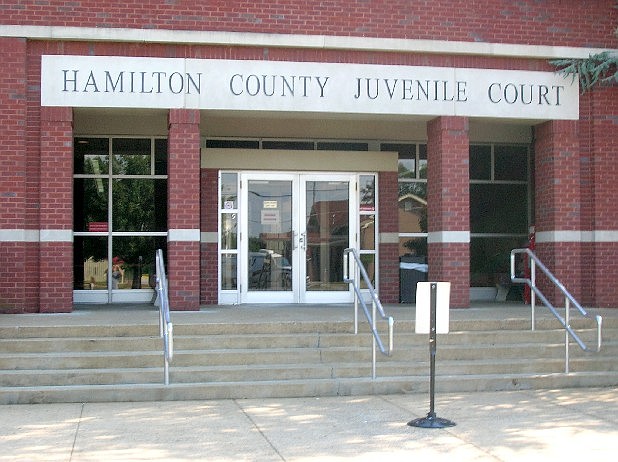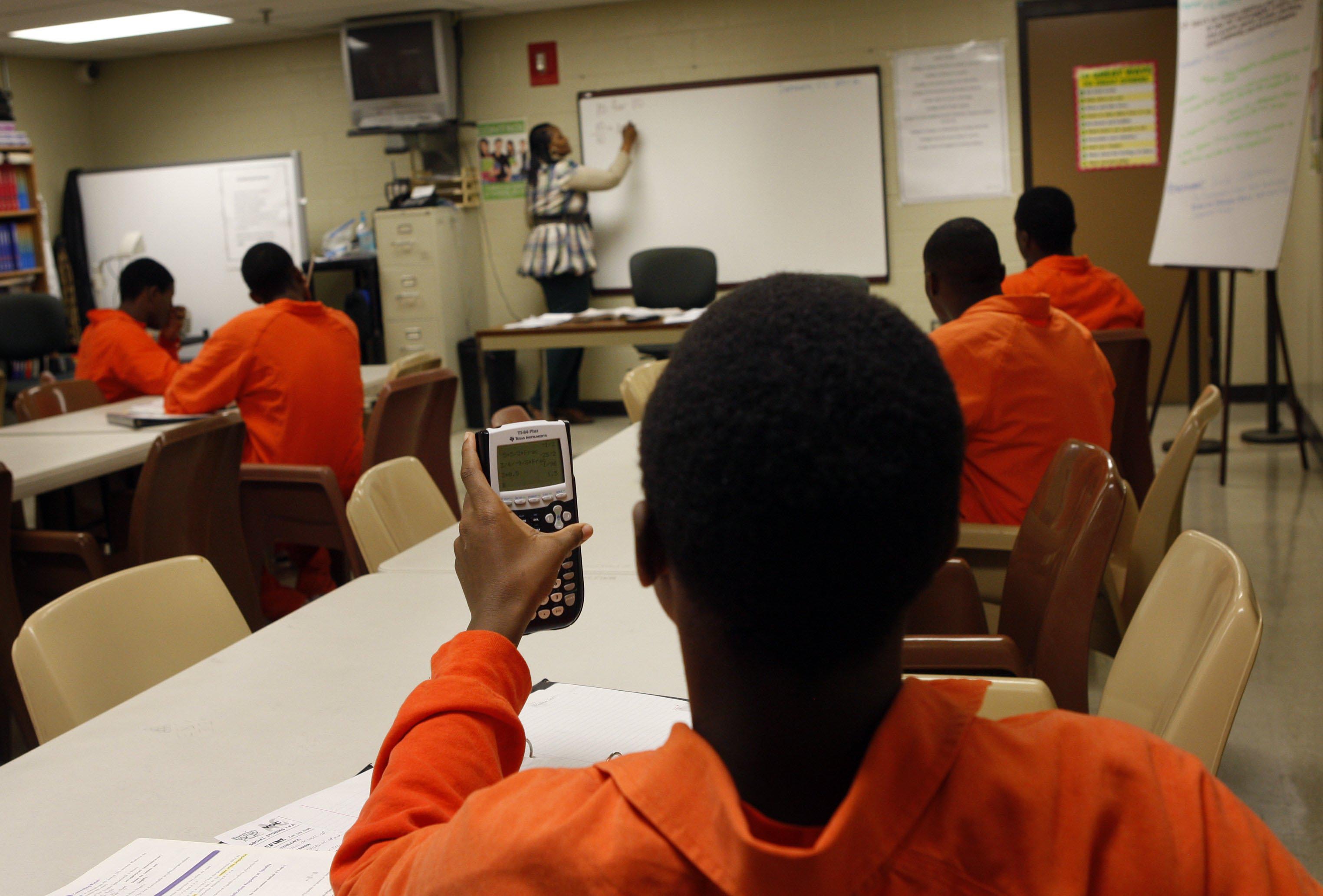Chattanooga police and the Hamilton County Sheriff's Office together arrested 1,204 children and teenagers under the age of 18 during 2010. By 2014, that number had dropped to just 478.
Local officials say the decline is the result of a general shift in juvenile justice away from punitive, arrest-focused work and toward more comprehensive ways of dealing with juvenile offenders that don't automatically end with minors in handcuffs.
"Law enforcement officers have been empowered to use more discretion than in years past," said Rob Philyaw, Hamilton County Juvenile Court Judge. "Many times, the police, school resource officers or school administration deal with the problem, talk to the child, and get things resolved immediately or in short time relative to the incident without arresting the child."
Declining juvenile arrests is a clear national trend -- the number of juveniles arrested in the United States in 2012 was 37 percent lower than the number arrested in 2003, according to the National Center for Juvenile Justice. But it's impossible to draw a sweeping conclusion about what's driving the decline nationally, said Charles Puzzanchera, a senior research associate at the center.
"Realistically, crime problems are local problems," he said. "To be honest and fair about explaining that nationally is a bit unrealistic. The solutions or improvements you see are going to be based on things, hopefully, that you are doing locally."
Currently police, prosecutors and social service agencies are gearing up to launch a new program aimed at combating juvenile crime in Chattanooga. Called the "Serious Habitual Offenders Comprehensive Action Program," or SHOCAP, the approach will focus on the 10 or 15 percent of minors who commit most of the crime, said Boyd Patterson, a Juvenile Court prosecutor.
SHOCAP will focus on the kids who are having frequent trouble with the law. Typically multiple agencies, from police to social services, deal with such kids, he said. Each agency usually deals individually with the child. But SHOCAP is designed to pull all the involved agencies together so officials can collaborate on the best ways to deal with each child's case.
"If information is power, then it empowers everyone on the team," Patterson said. "CPD officers are more informed on what is going on in kids' home life, and social service agencies are more informed on what kids are doing on the street and in school. And the school team members are more informed about what goes on after kids leave school."
All the teenagers and children who qualify for SHOCAP will be facing charges in Hamilton County Juvenile Court, Patterson said. SHOCAP requirements will be part of their sentence. Kids could be required to keep a curfew and to carry a SHOCAP identification card at all times, Patterson said.
The card would state where the child lives and what the conditions of their probation are so that officers can immediately know if a juvenile is somewhere he or she isn't supposed to be, he said.
SHOCAP would also extend the authority to conduct curfew checks to Chattanooga police officers, instead of just probation officers, said police Sgt. JayEvan Montgomery.
The collaboration between agencies should also help authorities figure out which offenders would benefit most from social service help and which kids ought to face more severe sentences.
"There are some kids who are so far deep into the criminal lifestyle that they don't want to be helped," Patterson said. "At that point they either get locked up in juvenile [detention] or transferred to adult court."
There have been a handful of high-profile local crimes involving juveniles lately -- minors have been charged in three of Chattanooga's nine homicides this year. It's those more serious crimes that SHOCAP will prioritize.
In some cities, authorities use a point system based on the seriousness of each offense to determine which juveniles qualify for SHOCAP. Minors are entered into the program when a certain point threshold is reached.
Chattanooga officials haven't yet figured out how that process will work locally. But Montgomery said he hopes to have SHOCAP up and running within three to six months. Philyaw said multiple agencies have already been working for over a year to prepare for SHOCAP's launch.
In the meantime, school resource officers will continue to try to find alternatives to full-fledged arrests, said Lt. Shaun Shepherd, SRO supervisor with the Hamilton County Sheriff's Office. Hamilton County has 28 school resources officers in 26 middle and high schools.
Those alternatives range from having the student write a paper to creating a contract with the student and the student's parents that outlines specific requirements.
"Kids are making better decisions," Shepherd said. "The officers look for opportunities to help on the front end before the kids actually commit crimes. And when they do [commit crimes], then officers look for alternatives instead of referring kids to the juvenile justice system -- because there kids can get this mindset of 'I'm a criminal now.'"
Contact staff writer Shelly Bradbury at 423-757-6525 or at sbradbury@timesfreepress.com with tips or story ideas.

